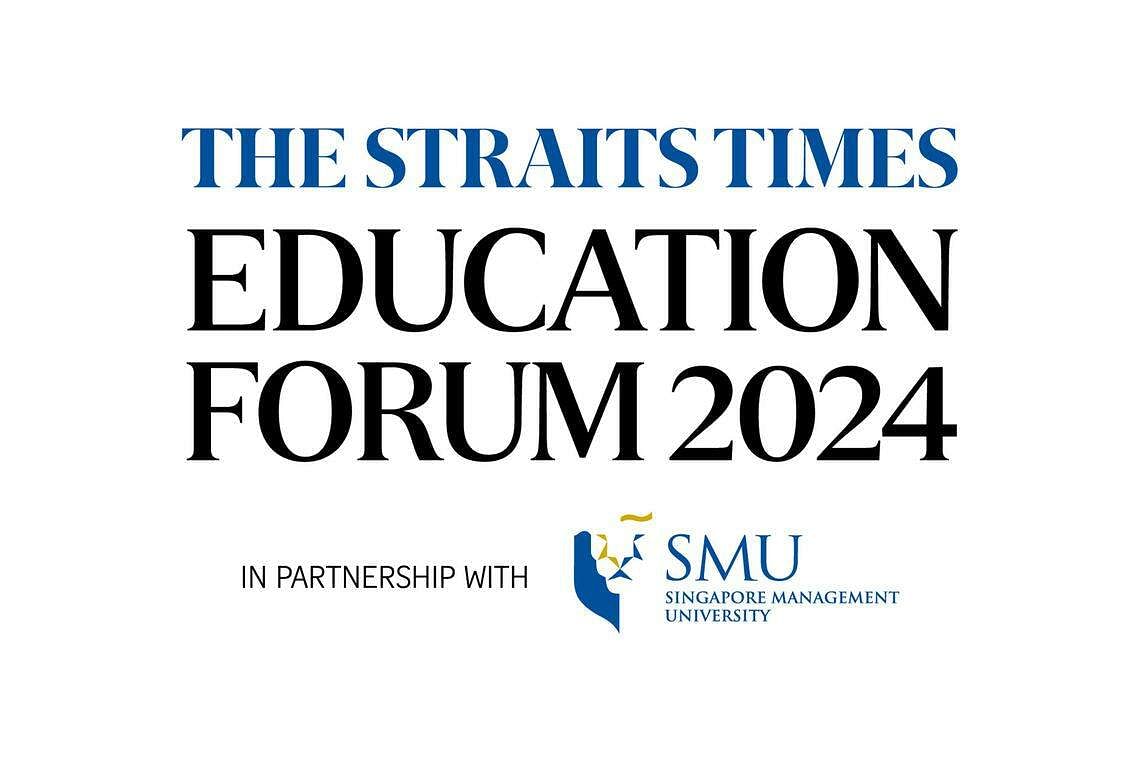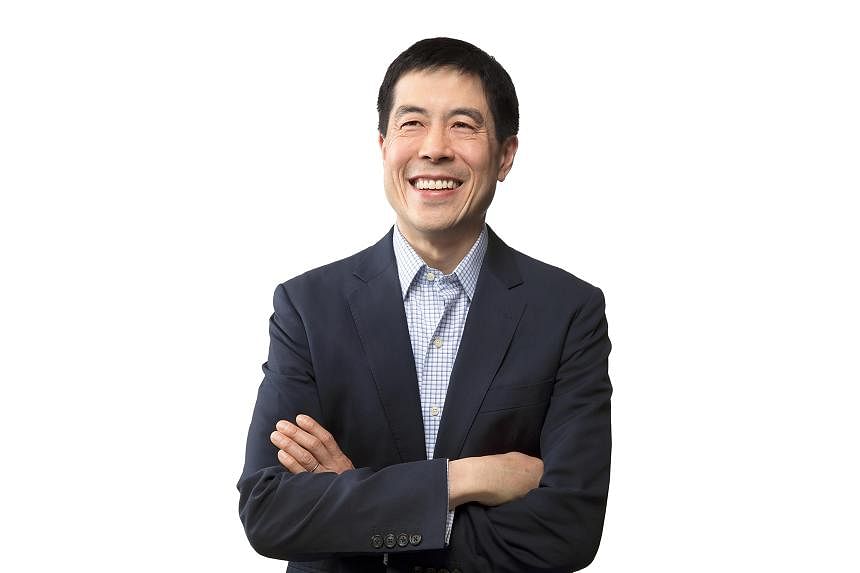All too often, any discussion on AI converges on the issue of how it will cost many people their jobs.
Dr Michael Chui, a partner at McKinsey Global Institute, who leads research on the impact of disruptive technologies, says that the global consultancy firm’s findings do not really point to overall job losses with AI. Rather, it is much more a story of augmentation, where AI will enhance the capabilities of individual workers by automating some of the activities that comprise their work.
Dr Chui refers to these enhancements as “superpowers”.
“Over the years, machines have given human workers various superpowers, for instance, industrial-age machines enabled workers to accomplish physical tasks beyond the capabilities of their own bodies. More recently, computers have enabled knowledge workers to perform calculations that would have taken years to do manually,” he said.
McKinsey researchers used a taxonomy that details roughly 20 to 30 work activities per occupation. So, typically, what the researchers have found is that what these technologies do is automate parts of people’s jobs.
Dr Chui explains this further by citing the example of generative AI tools, such as ChatGPT, which are already being used to write code, design products, create marketing content, analyse legal documents and even accelerate scientific discovery.
McKinsey’s research shows that in the United States, by 2030, activities that account for 30 per cent of working hours could be automated – up from 21 per cent before generative AI burst upon the scene.
No doubt, 30 per cent is a high level of change, but Dr Chui says it is not unprecedented in history.
“Historically, as various activities that had been done by human labour have been automated, we’ve seen those work hours reallocated to other tasks. We would expect to see a similar effect going forward, but it will require that workers be reskilled for the work of the future,” he says, stressing that to capture the full benefits of AI, including generative AI, employers, policymakers and broader ecosystems would need to establish clear guidelines and guard rails. And workers would need to see these tools not as job destroyers but as work enhancers.
In his interview with The Straits Times, Dr Chui talked about which sectors will be impacted most and what workers must do to future-proof themselves.
Q: According to the research done by McKinsey, which jobs are likely to be most affected, and which ones less so?
A: Everyone’s jobs will be affected. But from our research, the biggest future job losses are likely to occur in office support, customer service and food services, for example, clerks, retail salespersons, administrative assistants and cashiers.
These are jobs that involve a high share of repetitive tasks, data collection and elementary data processing, all activities that automated systems can handle efficiently.
So the workers in these jobs are going to need a lot of reskilling and upskilling to move to other occupations that are growing in our economy.
But AI is also going to affect the jobs on the higher end of the wage range. Writers, creatives, lawyers, consultants, everybody is going to need to work differently because parts of our jobs will be affected by generative AI.
Let’s take English language teachers, whose work includes preparing tests and evaluating students’ works. With generative AI’s enhanced natural-language capabilities, more of these activities could be done by machines, perhaps initially to create a first draft that is edited by teachers, but perhaps eventually with far less human editing required. This would, of course, free up time for teachers to spend more time on guiding class discussions or tutoring students who need extra help.
Similarly, lawyers could spend less time looking up cases and managers could pass off paperwork and instead concentrate on coaching and making improvements. In effect, it will change how these workers allocate their time.
Q: Your research found that some jobs such as in the healthcare sector and in transportation will continue to be in demand because of other drivers in the economy. What are these other drivers?
A: AI and automation are not occurring in a vacuum, of course. Other trends also affect the demand for certain occupations.
For example, in the US and in Singapore, people are getting older, so this is likely to lead to demand for healthcare workers. Everything from nursing aides all the way through to surgeons and radiologists.
Another factor is the continued rise of online shopping. If people spend relatively more on e-commerce than they do at brick-and-mortar retail, you might have lesser need for a salesperson working in a store, but you will need more people to drive stuff and you will have more demand for workers to manage and work alongside robots within warehouses.
Q: Which are the industries that will benefit most from AI?
A: AI technologies, including generative AI, are developing fast, and we believe this will eventually make a difference in every corner of the economy. It is going to be a big deal – it is poised to unleash the next wave of productivity across many sectors.
Our research has shown that 75 per cent of the value potential of deploying generative AI is in four functional areas: marketing and sales, software development, customer operations, and research and development. So the degree to which these functional areas are important in different industries determines which industries could benefit most from generative AI.
For instance, banks often spend a lot on marketing and sales, they do a considerable amount of software engineering and have considerable resources devoted to customer interactions.
Thus, the banking industry is one of the industries where generative AI has the highest potential for creating value. Banks can leverage generative AI to build virtual experts to augment employee performance. A generative AI bot trained on proprietary knowledge such as policies, research and customer interaction could provide always-on deep technical support.
Another industry to benefit would be the life sciences and chemical companies.
Currently, the development of a new drug takes an average of 10 to 15 years. Lead identification alone – a step in the drug discovery process in which researchers identify a molecule that would best address the target for a potential new drug – can take several months. AI will enable researchers to complete this step in a matter of weeks.
Q: What can workers do now to prepare themselves, to seize the opportunities in the age of AI and not lose their livelihoods?
A: Workers must adapt and rise to the challenge of acquiring new skills, as so many did during the pandemic. Employers must step up too. As jobs change and labour shortages linger, companies can invest in training current and potential employees, for example through learn-as-you-earn programmes.
And I am confident that the many economies around the world can make this transition, but it will require significant investment by companies, educational institutions and governments, which must also pay careful attention to underserved communities who may face challenges accessing upskilling initiatives. We could also benefit from a more skills-based labour market – where companies hire based on skills and potential rather than degrees or just years of experience.
AI technologies are being developed at rapid speed, so for a start, I would encourage everyone to try out the different AI tools and understand what they can do. They will only get better and will soon allow you to take away some of the mundane, uninteresting tasks you do not want to do anyway. And it will free you up to spend more time problem-solving, tackling hard problems and thinking.
Soon, workers who are best able to use these technologies will be the most competitive workers and earn a lot more.
Q: How will work change once people have adapted and use AI regularly in work?
A: When machines take over dull or unpleasant tasks, people can be left with more interesting work that requires creativity, problem-solving and collaborating with others.
Workers will need to gain proficiency with these tools and, importantly, use the time that is freed up to focus on higher-value activities.
Employers will have to make a decision about what they are going to do with the time that gets freed up. They could expand the roles of their workers and make it more meaningful and purposeful. And of course, there is already talk of a four-day work week.
Q: As someone who has led research on the impact of AI, what would be your overall advice?
A: All of us are at the beginning of a journey to understand this technology’s power, reach and capabilities. If the recent past is any guide, the next several years will take us on a roller-
coaster ride featuring fast-paced innovation and technological breakthroughs that force us to
recalibrate our understanding of AI’s impact on our work and our lives. It is important for all of us to properly understand this phenomenon and anticipate its impact.
About Dr Michael Chui
Dr Michael Chui, 55, is a San Francisco-based partner in the McKinsey Global Institute, where he directs research on the impact of disruptive technologies, such as big data, social media, and the Internet of Things, on business and the economy.
Previously, as a McKinsey consultant, Dr Chui served clients in the high-tech, media and telecom industries on multiple topics.
Prior to joining McKinsey, he was the first chief information officer of the City of Bloomington, Indiana, and was the founder and executive director of Hoosier Net, a regional Internet service provider.
Dr Chui is a frequent speaker at major global conferences and his research has been cited in leading publications around the world. He holds a degree in symbolic systems from Stanford University, and a PhD in computer science and cognitive science and an MSc in computer science, both from Indiana University.
ST Education Forum
What: The Straits Times Education Forum 2024, in partnership with Singapore Management University and in support of the national SkillsFuture movement
Topic: The AI Revolution: Are You Ready For It?
When: Friday, March 8, 9.30am to noon
Where: Yong Pung How School of Law, Basement 1 SMU Hall, Singapore Management University



